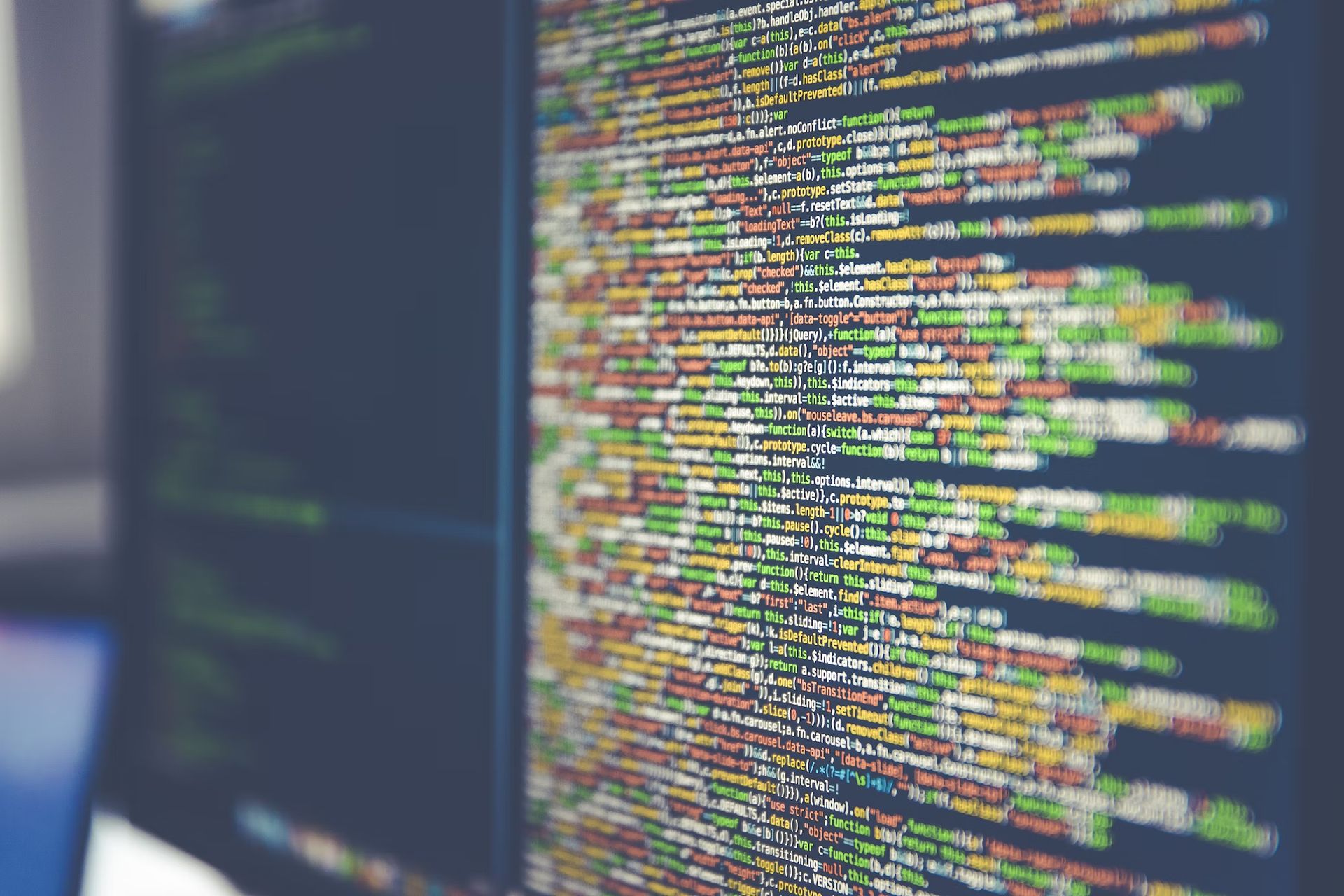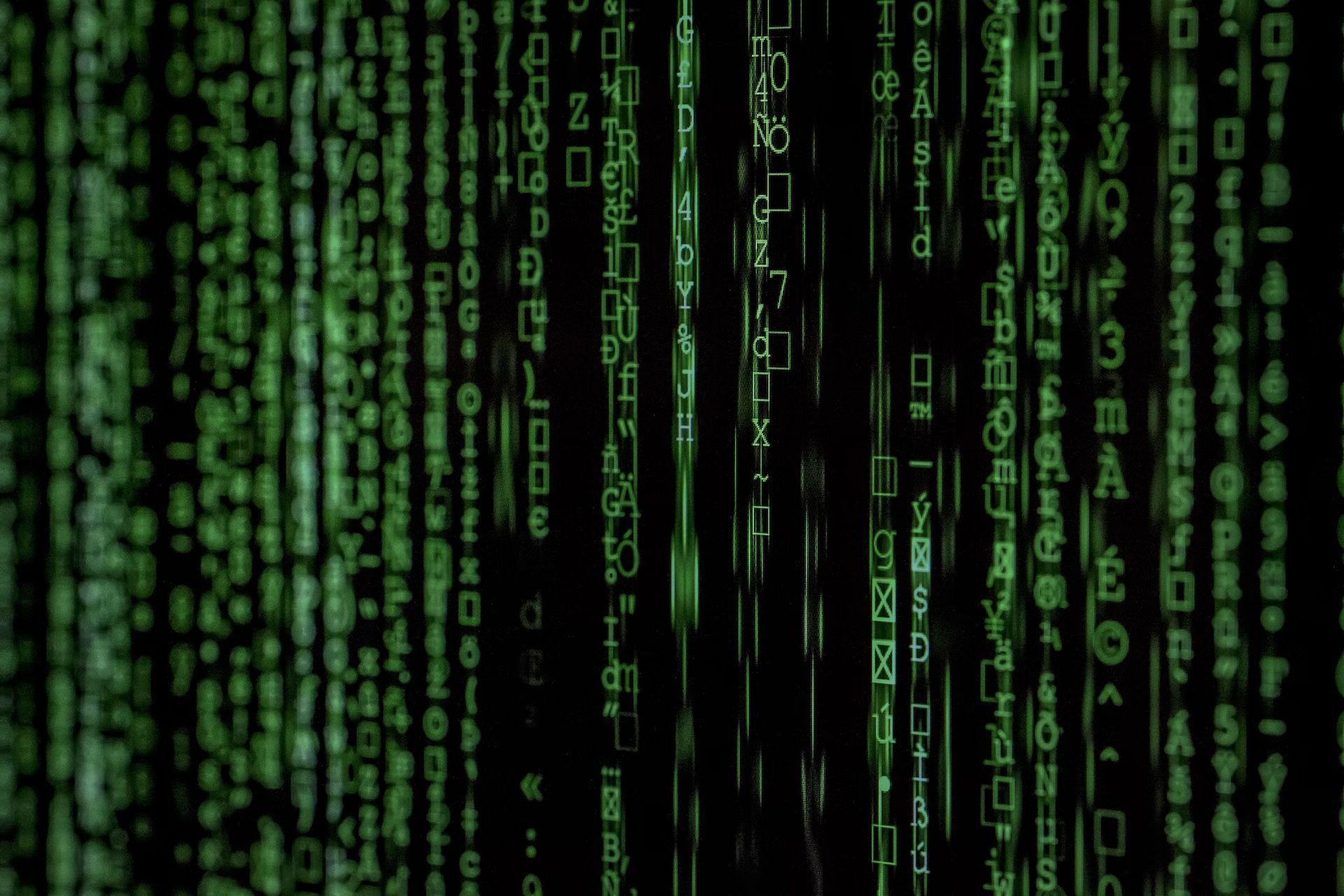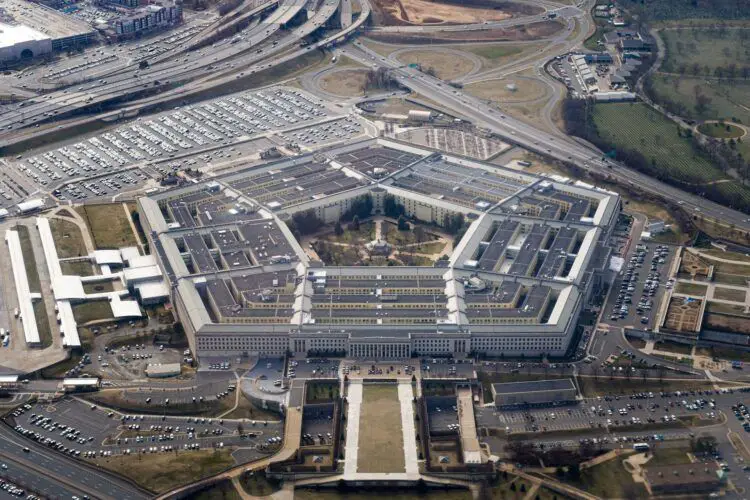The US Intelligence data leak has triggered a major investigation by the Department of Justice. A collection of documents, claimed to be from the Pentagon, has emerged on the internet in the past few days. These documents contain details on various topics, such as the U.S. evaluations of the Russia-Ukraine conflict and intelligence on America’s spying activities against allies and foes.
The origin of the leak is not currently confirmed, but according to Reuters, three U.S. officials who preferred to remain anonymous suggested that Russia or pro-Russian groups are likely responsible for at least the initial wave of the US Intelligence data leaks. Here are the key facts we have learned thus far regarding the leaked documents:
Is the US Intelligence data leak real?
The authenticity of all the material that has surfaced online has yet to be confirmed. However, according to CNN and the New York Times, some unnamed officials in the US have indicated that the documents seem to be genuine.
Yet, it should be noted that even if the leaked documents are verified, some information in them may have been manipulated.
For instance, certain documents provide lower estimates of Russian troop deaths compared to official US figures, raising suspicions that the material might have been altered to spread false information. On the other hand, Ukrainian authorities have stated that the leaks are a regular tactic by Russia’s secret services.
Ukrainian presidential adviser Mykhailo Podolyak stated:
The aim of secret data "leaks" is obvious: divert attention, cast doubts & mutual suspicions, sow discord.
It's an ordinary game of ru-secret services. To take open briefings, add fake info or certain parts of interceptions & publish them on social networks legalizing the "leak"— Михайло Подоляк (@Podolyak_M) April 8, 2023
What’s in the leaked files?
Some of the documents bear a resemblance to confidential, everyday reports from the joint staff of the U.S. military, and seem to outline U.S. and NATO assistance to Ukraine, including updates on the advancement of arms aid. Notably, the documents related to Russia and Ukraine do not seem to contain specifics about the conflict or potential plans for a forthcoming Ukrainian offensive. As per the New York Times, which was the first outlet to report on the US Intelligence data leak, the documents also reveal that the U.S. has been surveilling not only Russian but also Ukrainian leaders with the aim of observing the war’s developments.
Moreover, some of the leaked documents include analyses by U.S. intelligence agencies, which are founded on confidential sources, about Russia and other nations, according to the Washington Post. Apparently, certain materials demonstrate how the U.S. monitors Russian troops using satellite images and indicate locations where the Central Intelligence Agency has recruited certain agents.

As per the New York Times, additional materials suggest that the U.S. is spying on Israel and South Korea and contain national security specifics concerning the Middle East and China.
On Sunday, Israel dismissed claims made in the leaked documents, which suggested that leaders of its Mossad intelligence agency had urged agency staff and Israeli nationals to partake in protests against the government’s proposed judicial reforms last month.
Meanwhile, one of the documents reportedly documented internal conversations between South Korean officials regarding U.S. pressure to alter its policy of not furnishing arms to Ukraine, according to Reuters.
United States’ comment on the US Intelligence data leak
Sabrina Singh, the Pentagon’s deputy press secretary, stated in a release on Friday that the Department of Defense “is currently examining the issue and has made an official referral to the Department of Justice for inquiry.”
Following this, various sources, including The Wall Street Journal, have reported that the Justice Department has launched an investigation into the US Intelligence data leak.
An unnamed U.S. official informed the Associated Press that even if the leaked documents are genuine, the intelligence they contain might be of little value, as Russia would likely have prior knowledge of much of what is covered in the documents.
Nevertheless, some have raised concerns that the breach could have severe security consequences. According to Voice of America, U.S. officials are taking steps to eliminate the materials from the social media platforms on which they have been shared.
What has been the response of other nations?
Adriy Yusov, a member of the Ukrainian Defense Ministry’s intelligence directorate, tried to play down the worries expressed in the leaked documents concerning Ukrainian ammunition supplies and air defense abilities, asserting that “it is widely known that Ukraine has concerns about aviation, tanks, ammunition, and other matters.”
Nonetheless, Ukrainian President Volodymyr Zelensky has stated that he and his senior officials held a meeting to determine how to prevent the disclosure of the country’s defense strategies. Meanwhile, a South Korean presidential official declared that South Korea is set to discuss the US Intelligence data leak with Washington, as reported by the New York Times.

Nonetheless, the aforementioned official declined to verify any specifics from the leaked documents, as stated by Reuters. Israel has issued the most strident rebuttal of the leaked documents, pushing back against the assertion that leaders of its intelligence agency played a role in instigating anti-government protests.
The Mossad’s statement was posted by the Israeli Prime Minister’s office:
“The report that was published overnight in the American press is mendacious and without any foundation whatsoever. The Mossad and its senior officials did not — and do not — encourage agency personnel to join the demonstrations against the government, political demonstrations or any political activity.”





